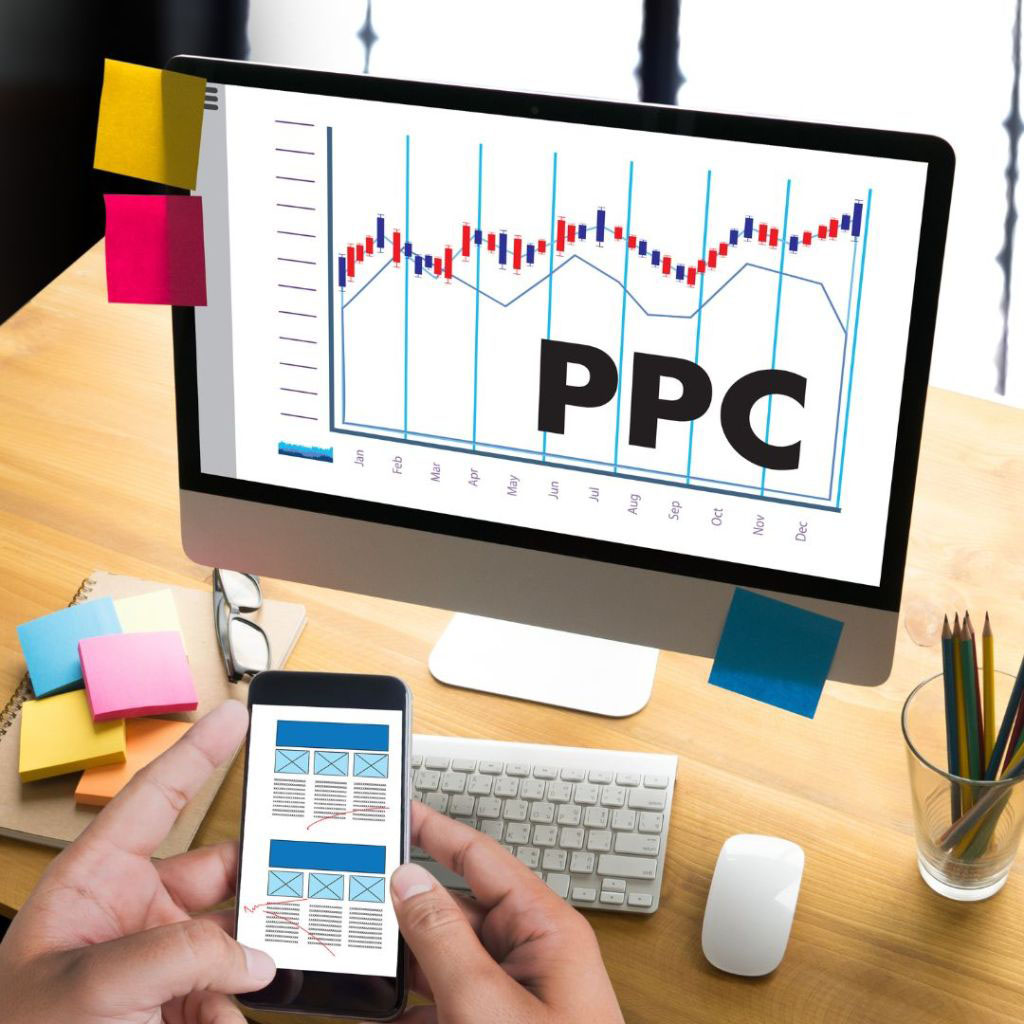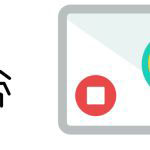Getting people to visit your website is essential in digital marketing . However, many business owners are often left wondering which is better: SEO or PPC? The answer to this question depends on various factors, such as the nature of your business, your objectives, and the marketplace you operate in. In this article, we will delve into the details of SEO vs PPC to help you determine when to use each strategy and how to make the most of both.
Understanding SEO: Grow Your Organic Traffic
By increasing your site’s visibility in organic search engine results pages (SERPs), you can increase the quality and number of visitors it receives. Unlike PPC, SEO does not require paying for each keyword you want to rank for. Instead, it involves optimizing your website according to algorithms and guidelines set by search engines. Let’s take a closer look at when you should use SEO:
Higher ROI
Compared to other online advertising forms, SEO provides a better ROI. By optimizing your website and following SEO best practices , you can enhance your brand awareness and attract relevant traffic without having to pay for each click or impression.
Cost-Effective
In the long term, SEO may be less expensive than PPC. While it may take some time to see results, once your website starts ranking in the top positions for your target keywords, the visibility and exposure you gain will surpass that of other marketing campaigns.
Increased Awareness
When your website ranks within the top five positions on SERPs, the visibility and exposure you receive are much higher than other advertising campaigns. This increased awareness can increase brand recognition and attract potential customers to your website.

Trustworthiness
Ranking in the top positions of SERPs enhances the trustworthiness and credibility of your website. Users are likelier to click on organic search results than sponsored adverts, making search engine optimization an excellent method for creating trust and a solid reputation.
Sustainability
One of the key advantages of SEO is the sustainability of your ranking. Even if you stop actively implementing SEO efforts, your website’s ranking can be sustained significantly. This makes SEO a long-term investment that continues generating organic traffic even when you’re not optimizing your site.
Understanding PPC: Niche Targeted Visibility
As an alternative to search engine optimization (SEO), paid search marketing (PPC or pay-per-click) allows marketers to pay only when a user clicks on their ad. In other words, PPC involves buying user visits rather than earning them organically. Let’s explore when PPC can be the right choice for your business:
Brand Impression
Investing in Google ads can increase your brand presence and recall in users’ minds. Since PPC ads appear above organic search results, they are more likely to catch users’ attention, providing valuable exposure for your brand.
Targeted Marketing
PPC allows you to precisely target your ads to specific users based on date, time, location, demographics, and more. This level of targeting ensures that your ads reach the right audience, increasing the chances of conversions and maximizing your return on investment.
Quick Visibility
Unlike SEO, which may take time to achieve high rankings, PPC offers quick visibility. By investing in PPC ads, you can instantly increase your website’s visibility on SERPs, attracting potential customers to your site quickly.
Cost Considerations
It’s important to note that PPC can be more expensive than SEO since you have to pay for each click on your ads. However, the immediate visibility and potential for quick conversions make it a viable option for businesses looking to achieve immediate results.
Now that we’ve discussed the basics of SEO and PPC let’s explore the key differences between the two strategies:
Placement in SERPs
The most noticeable difference between SEO and PPC is their placement on SERPs. PPC ads are always positioned above the fold areas at the top of the SERP, while organic SEO results occupy the space below the paid ads. The first few spots on the SERP are dedicated to paid ads, while organic results fill the remaining areas.

Placement Cost
In paid search, businesses have to pay for each ad placement on the SERP. On the other hand, organic SEO rankings are achieved through the value provided to users by the content. While paid ads occupy prime real estate on the SERP, organic results often provide more extensive information in maps, snippets, FAQs, and more.
Space Occupied in SERPs
Paid ads occupy a significant portion of the prime real estate on the SERP, capturing users’ attention immediately. However, organic results take up more space on the SERP, providing users with detailed information and a more comprehensive range of content formats. This can improve the user experience generally and open new avenues for natural discovery.
Now that we’ve covered the fundamental dissimilarities between SEO and PPC , we can compare and contrast their benefits and drawbacks.
SEO Pros and Cons
Pros of SEO
- Cost-Effective: When weighed against other forms of advertising, SEO’s low price tag stands out.
- Long-Lasting Brand Awareness: Organic SEO results are long-lasting, increasing in value over time.
- Improved Trust: Users trust organic search results more than paid advertisements.
- Better ROI: SEO offers a higher return on investment compared to PPC.
- Better CPC: Organic SEO provides a better cost-per-click since each click has no charges.
Cons of SEO
- Time-Consuming: Organic SEO takes time to deliver results.
- Content Demands: SEO requires unique and reliable content that positions you as an authority.
- Continuous Effort: SEO is an ongoing process that requires consistent attention to maintain and improve results.

PPC Pros and Cons
Pros of PPC
- Enhanced Visibility: PPC ads appear at the top of SERPs, grabbing users’ attention immediately.
- Targeted Marketing: PPC allows precise targeting based on various factors, increasing the chances of conversions.
- Increased Page Ranking: Paid ads occupy prime real estate on SERPs, improving your website’s visibility.
- Control over Marketing Strategy: PPC gives you control over keywords, CTAs, pricing, and landing pages.
- Fast and Certain Results: PPC campaigns can deliver immediate results regarding clicks, traffic, and conversions.
Cons of PPC
- Continuous Investment: PPC requires ongoing financial investment to maintain visibility and traffic.
- Skepticism towards Paid Ads: Many users are skeptical about paid ads and may need to trust them more than organic search results.
- Potentially Lower ROI: The return on investment for PPC may not always be as encouraging as desired.
Frequently Asked Questions
1. What is SEO and PPC?
SEO is a form of online advertising that raises a site’s ranking in search engines. Optimization for search engines involves making changes to many areas of a website. In Pay-Per-Click (PPC) advertising, companies only pay when users click on their adverts. Websites or search engine results pages may display such advertisements.
2. In what ways are SEO vs PPC dissimilar?
How a company is promoted is where SEO and PPC diverge most sharply. SEO is a method of naturally increasing a website’s visibility in search engine results pages. In contrast, pay-per-click (PPC) advertising provides instant exposure for a fee.
3. Which method is more cost-effective?
Your business objectives, intended market, and the level of competition all play a role. SEO generally requires a long-term investment in terms of time and effort. Conversely, PPC can be costly but offers more control over budget and immediate results.

4. Which system offers better long-term results?
SEO is known for providing long-term benefits. Once a website achieves a higher ranking in organic search results, it can continue to drive traffic and generate leads without ongoing advertising costs. PPC, on the other hand, stops producing results as soon as the advertising budget runs out.
5. Can SEO vs PPC be used together?
Absolutely! Combining SEO and PPC can be a powerful marketing strategy. PPC can provide immediate visibility and drive traffic to your website while your SEO efforts are still gaining momentum.
Paid advertising and search engine optimization (SEO) are cornerstones of SEM. While SEO offers consistent results and builds the authority and value of your website, PPC provides immediate visibility and targeted marketing. Using both strategies is recommended based on your short-term and long-term traffic goals, budget, and other factors. By leveraging the strengths of both SEO and PPC, you can achieve optimal results and drive significant traffic to your website.



